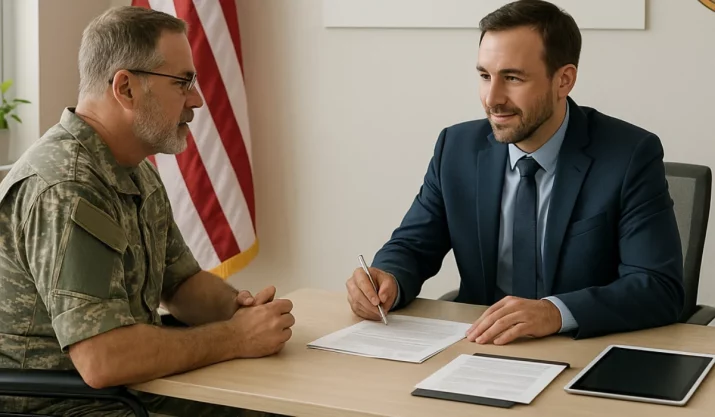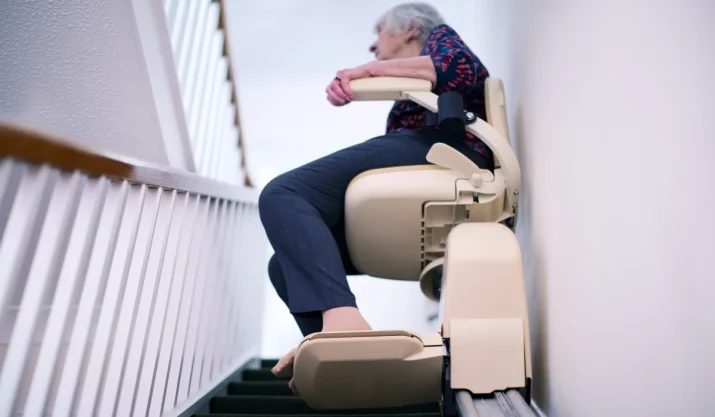Medical Power of Attorney California

Table of Contents
The ability to decide on the medical care you receive and end-of-life decisions is important at any age, but it takes on even greater significance as people get older. If a physical or mental impairment causes you to be unable to communicate your preferences with healthcare professionals, it will be left to other people who may not be aware of your wishes to make decisions for you.
There is, however, a way for you to make your wishes known and designate someone you trust to ensure they are carried out should you be incapacitated and unable to communicate preferences on your own.
A medical power of attorney is a legal document that gives you peace of mind knowing a stroke, heart attack or other illness or injury that renders you incapable of communicating with medical providers will not cause you to lose control over the decisions that must be made.
Each state has its own laws controlling the method for giving someone you trust the power to make healthcare decisions.
California makes its version of a medical power of attorney, which it refers to as a power of attorney for health care, part of its Advance Health Care Directive.
Whether you are a senior looking for a way to protect your right to control decisions about your health and welfare, or you have older parents and want to be prepared to handle medical emergencies on their behalf, this article offers a closer look at designating an agent to make medical decisions.
What is a medical power of attorney?
A medical power of attorney is a legal document authorized by state law as the method for a person, known as the “principal,” to authorize someone else, called an “agent,” to make healthcare decisions for them.
Examples of the scope of the authority given to an agent include the following:
- Ability to discuss care and treatment options with physicians and other healthcare providers.
- Decide which medications to authorize or decline.
- Make decisions about surgery.
- Discuss end-of-life options with physicians and make decisions on behalf of the principal, including decisions about life support.
- Make decisions about living arrangements for the principal.
- Hire housekeepers, arrange for transportation, and arrange for recreation and entertainment.
An important point to keep in mind about medical powers of attorney is that you do not give up any rights by having one.
A power of attorney for healthcare does not take away your right as the principal to continue making your own choices about healthcare and end-of-life decisions just as you’ve always done.
The authority granted to your agent only becomes effective when doctors determine that you cannot make or communicate decisions on your own because of a temporary or permanent incapacitating condition.
Your agent cannot use the power of attorney to overrule decisions that you make.
If you need more reassurance about medical powers of attorney, you may revoke one simply by notifying your healthcare providers either in person or in writing of your intentions. Once you do so, the authority granted to the principal is no longer in effect.
Does a medical power of attorney need to be notarized in California?
An advance health care directive containing the power of attorney for health care must be dated and signed by the principal.
The signature must be affixed to the document in the presence of two witnesses, or the signature must be acknowledged by the principal to the witnesses.
As an alternative to two witnesses signing the document, the principal may sign and acknowledge it in the presence of a notary public.
The law prohibits the following individuals from acting as a witness to the signing of an advance health care directive in California:
- The agent named in the power of attorney for healthcare.
- A healthcare provider or employee of a provider furnishing care to the principal.
- An operator or employee of a community care facility or residential care facility for the elderly.
At least one of the people witnessing the signing of an advance health care directive cannot be related to the principal or entitled to share in their estate in the event of the principal’s death.
Where can I get a medical power of attorney form?
Advance health care directive forms containing the power of attorney for health care are widely available at hospitals, residential care facilities and medical facilities throughout the state.
Printable forms may also be obtained online through the office of the attorney general.
Is there a difference between a power of attorney and a medical power of attorney?
Your agent cannot use a medical power of attorney to access your bank accounts or handle business and financial affairs for you.
If you want someone you trust to have the right to make financial decisions and handle business matters, you need a general power of attorney.
Your health care agent may have broad power over health care decisions through a medical power of attorney, but you need to create and sign a general power of attorney for other matters.
A good way to ensure that you have someone to rely upon to handle bank transactions, real estate and matters aspects of your personal affairs, it is a good idea to have a lawyer prepare a general power of attorney.
Just keep in mind that to make it possible for the agent with financial power of attorney to act in the event you become incapacitated, you need make certain the document the lawyer prepares is a durable power of attorney.
Durable powers of attorney remain in effect if you become incapacitated. For example, if you are in a coma as a result of injuries suffered in a car accident, your agent under a durable financial power of attorney can arrange for a lawyer to handle your claim against the driver at fault in causing the crash while the person named as the agent in your healthcare power of attorney looks after your medical care.
Conclusion
Giving up decision-making power to another person, even to someone you trust, is a difficult one to make particularly when it pertains to your health. A consultation with a lawyer may offer the guidance and legal advice to get the support you need with advance directives and the different types of powers of attorney available in California.
This article is for information purposes only. Please do not call us for assistance as we are unable to help. If you have specific legal questions or need guidance on a related matter, we advise contacting a qualified attorney who can provide you with personalized advice and representation tailored to your particular circumstances.








